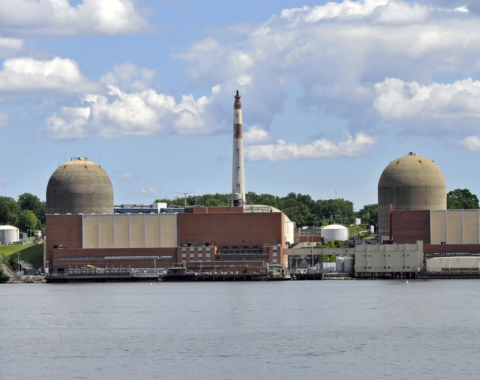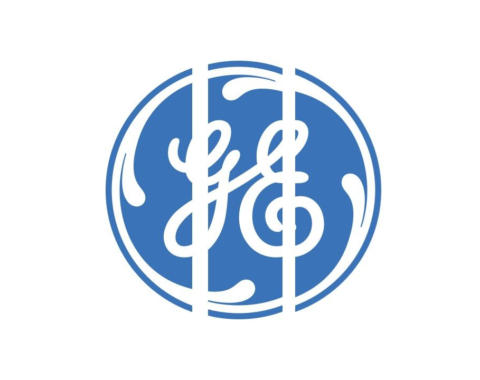US nuclear power plants are joining coal plants in losing out to lower-cost natural gas and renewables for electric generation.
Low gas prices have already put the brakes on a revival of US nuclear construction and are blamed for the premature retirement of reactors in four states. Owners of nuclear plants in Florida and California also decided to retire, rather than repair, damaged reactors based on future low-priced gas expectations.
Nuclear plants require a large workforce, costly security measures and are subject to strict regulatory oversight, factors that put them at a disadvantage in a low gas-price environment, when overall power demand is stagnant and wind and solar generation are booming.
Reactors operating in competitive wholesale markets are the most challenged, said Jim Hempstead, associate managing director of Moody’s Investors Service at the IHS CeraWeek conference last month. Reactors in regulated utility markets make about $70/MWh, or “plenty to run on,” Hempstead said. Revenue for plants in competitive wholesale markets is about $35/MWh. “They are barely keeping their heads above water,” he said.
Exelon, the largest operator of nuclear plants in the country, feels the brunt of the pressure from cheap gas and is weighing whether to close some Illinois reactors. A final decision may come later this year.



